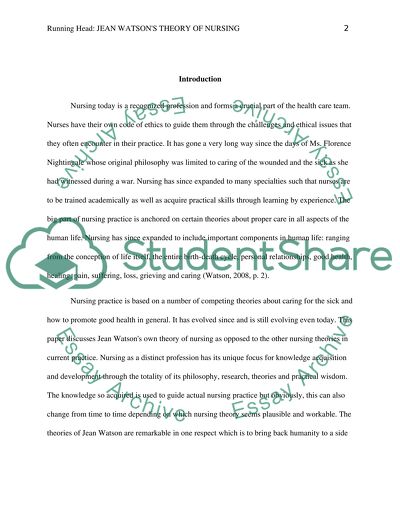Cite this document
(“Jean Watsons theory of caring Essay Example | Topics and Well Written Essays - 2000 words”, n.d.)
Retrieved from https://studentshare.org/nursing/1423225-jean-watsons-theory-of-caring
Retrieved from https://studentshare.org/nursing/1423225-jean-watsons-theory-of-caring
(Jean Watsons Theory of Caring Essay Example | Topics and Well Written Essays - 2000 Words)
https://studentshare.org/nursing/1423225-jean-watsons-theory-of-caring.
https://studentshare.org/nursing/1423225-jean-watsons-theory-of-caring.
“Jean Watsons Theory of Caring Essay Example | Topics and Well Written Essays - 2000 Words”, n.d. https://studentshare.org/nursing/1423225-jean-watsons-theory-of-caring.


